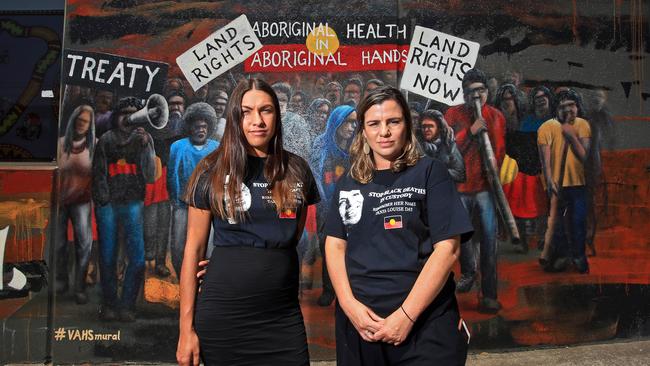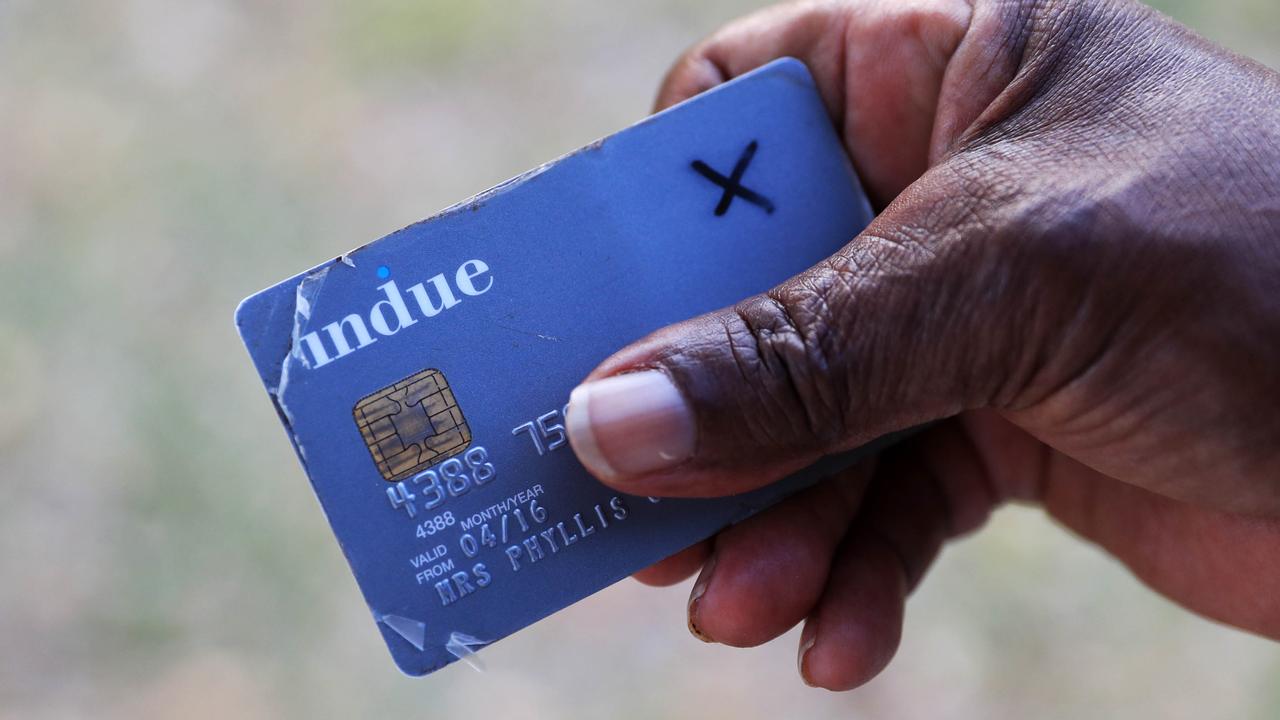WAR heroes have indigenous activism in their blood
Activism runs through the veins of Meriki Onus and Apryl Day and their blood is close to boiling point.

Activism runs through the veins of Meriki Onus and Apryl Day and their blood is close to boiling point.
The young indigenous activists are part of the Warriors of Aboriginal Resistance, the organisation behind the Invasion Day rally on January 26 at Parliament House in Melbourne.
Ms Onus, 31, is the granddaughter of pioneering indigenous activist Edna Brown, who along with others opened the Aboriginal Victorian Health Service. Ms Day, 26, is the daughter of Tanya Day, a Yorta Yorta woman who died after sustaining a head injury while in the custody of Victoria Police.
Ms Onus said their organisation believed Australia Day should be abolished.
“Australia was founded on the genocide and dispossession of Aboriginal people. When you celebrate Australia Day what are you celebrating?” Ms Onus said she didn’t recognise the country Liberal senator Dean Smith described in his opinion article published yesterday in The Australian, in which he called for January 26 to be legislated as Australia Day.
“We want to be part of this dream that we’ve never been part of. We want to enjoy this country like everyone else,” she said.
“We want to live with our families, we want to be able to walk the streets like everybody else and not be public enemy number one.”
Ms Day’s mother Tanya was on a train to Melbourne from Bendigo in December 2017 when police were called. The 55-year-old appeared intoxicated and could not produce her train ticket.
She was arrested and taken to Castlemaine police station to sober up, and was removed on a stretcher just five hours later.
Seventeen days later she died. CCTV footage revealed that she fell five times while in custody.
This weekend, WAR will call for the offence of public drunkenness to be abolished in Victoria, one of the recommendations of the Royal Commission into Aboriginal Deaths in Custody in the early 1990s.
Ms Day said if the law had been abolished her mother would still be alive.
“It’s pretty difficult to think that you can’t even be an Aboriginal woman that's asleep on a train,” she said.


